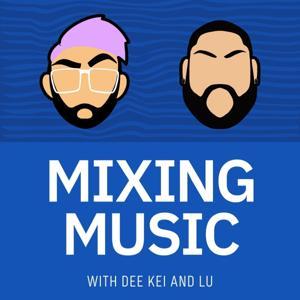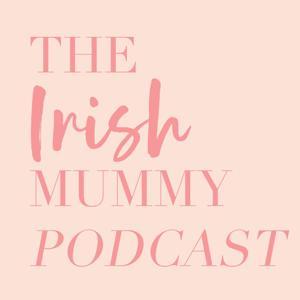Today we talk to Dr. Betty DeLass, a physical therapist and world-class pelvic health expert. Through her practice at Reborn Pelvic Health Wellness, she works with patients to craft personalized treatment regimens for patients at every stage of pregnancy or postpartum to help them return to or maintain the best quality of life possible through adjustment and strengthening of the pelvic floor. To date she has assisted thousands of patient in improving their quality of life through their pelvic health.
We discuss Kegels and their function in pelvic health, as well as their limitations. Betty walks us through the orientation and function of the pelvic floor, and emphasizes that the pelvic floor affects alignment in all other areas of the body. We discuss the process of diagnosis that Dr. DeLass uses in order to assess pelvic floor issues in her clinic.
We talk about the differences in practitioners that are involved in pregnancy and when a Midwife or an OB may refer a patient to a Physical Therapist, as well as the importance of collaboration between different perinatal practitioners in facilitating healing. We discuss how pelvic misalignment affects fertility. We also touch on Diastasis Recti and how it can be prevented or repaired with physical therapy.
Finally we talk about postpartum rehab and how it should be started very shortly after birth in order to help the body heal properly. We discuss how someone can find a specialized pelvic floor therapist if they need one. We also talk about whether patients can have their physical therapy covered by their insurance.
To Learn More Visit: https://www.rebornphw.com/
For Any Questions, Email Us at
[email protected]



























